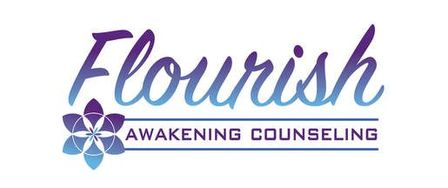Psychedelic Psychotherapy
In recent years, there's been a growing recognition of the profound potential of psychedelics for mental health and healing. Research and anecdotal evidence alike suggest that substances like psilocybin, LSD, and MDMA can offer transformative experiences that have lasting positive effects on mental well-being.
From alleviating symptoms of depression, anxiety, and PTSD to fostering a deeper sense of connectedness and empathy, psychedelics have shown promise in facilitating healing on both psychological and emotional levels. These substances have the ability to catalyze profound shifts in consciousness, allowing individuals to confront and process unresolved trauma, gain new perspectives, and transcend limiting patterns of thought and behavior.
The therapeutic use of psychedelics is increasingly being explored in clinical settings, with studies demonstrating their efficacy when administered in a controlled and supportive environment. Guided psychedelic-assisted therapy sessions have helped patients navigate difficult emotional terrain, facilitate introspection, and promote personal growth and self-discovery.
However, it's essential to acknowledge the importance of responsible use and integration practices when engaging with psychedelics for therapeutic purposes. Set and setting play a crucial role in shaping the outcome of a psychedelic experience, emphasizing the need for proper preparation, guidance, and integration support to maximize the potential benefits while minimizing risks.
As we continue to unravel the mysteries of the mind and explore alternative approaches to mental health and healing, psychedelics hold tremendous promise as powerful tools for unlocking the transformative potential within each of us. With ongoing research and responsible integration practices, these substances have the potential to revolutionize our understanding and treatment of mental health disorders, offering new pathways to healing and personal growth.
To learn more about Ketamine Assisted Psychedelic Therapy contact Dr. Starr MacKinnon:
From alleviating symptoms of depression, anxiety, and PTSD to fostering a deeper sense of connectedness and empathy, psychedelics have shown promise in facilitating healing on both psychological and emotional levels. These substances have the ability to catalyze profound shifts in consciousness, allowing individuals to confront and process unresolved trauma, gain new perspectives, and transcend limiting patterns of thought and behavior.
The therapeutic use of psychedelics is increasingly being explored in clinical settings, with studies demonstrating their efficacy when administered in a controlled and supportive environment. Guided psychedelic-assisted therapy sessions have helped patients navigate difficult emotional terrain, facilitate introspection, and promote personal growth and self-discovery.
However, it's essential to acknowledge the importance of responsible use and integration practices when engaging with psychedelics for therapeutic purposes. Set and setting play a crucial role in shaping the outcome of a psychedelic experience, emphasizing the need for proper preparation, guidance, and integration support to maximize the potential benefits while minimizing risks.
As we continue to unravel the mysteries of the mind and explore alternative approaches to mental health and healing, psychedelics hold tremendous promise as powerful tools for unlocking the transformative potential within each of us. With ongoing research and responsible integration practices, these substances have the potential to revolutionize our understanding and treatment of mental health disorders, offering new pathways to healing and personal growth.
To learn more about Ketamine Assisted Psychedelic Therapy contact Dr. Starr MacKinnon:
